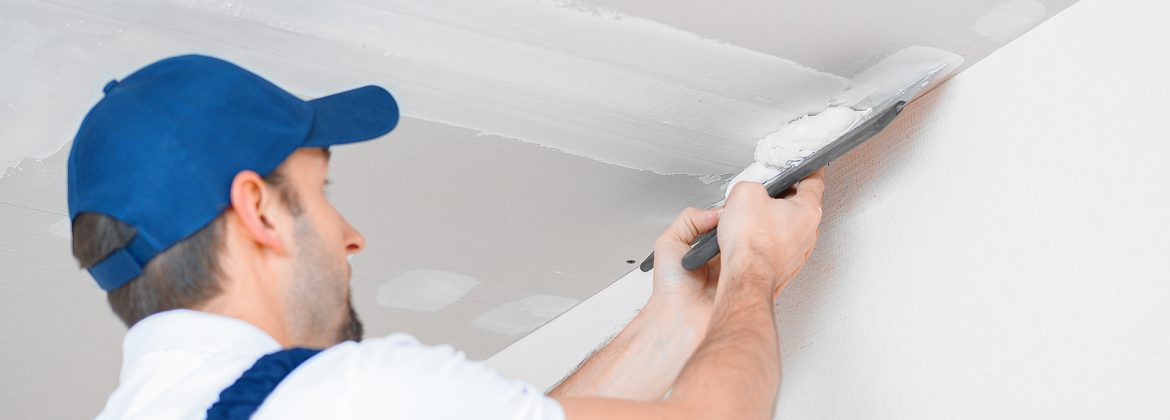The cost of drywall installation can vary depending on various factors, including the size and complexity of the project, the type of drywall used, the labor cost in the area, and any additional services required, such as texturing or soundproofing. Understanding these factors can help you estimate the cost of your drywall installation project more accurately.
1- Type of Drywall: Drywall comes in different types, each with its own characteristics and price points. Common types of drywall include standard drywall, moisture-resistant drywall, mold-resistant drywall, fire-resistant drywall, and soundproof drywall. The type of drywall you choose for your commercial project will affect the overall cost of the installation.
2- Labor Cost: Labor cost is a significant factor in drywall installation cost. Labor rates can vary depending on the location and availability of drywall contractors in your area. Typically, labor costs for drywall installation are calculated based on the square footage of the project, with contractors charging per square foot or per hour. Complex projects or projects with specific requirements may require additional labor and expertise, which can increase the overall cost.
3- Additional Services: If you require additional services such as texturing, painting, or soundproofing, these will add to the overall cost of your drywall installation project. Texturing involves applying a texture or pattern to the finished drywall surface, while soundproofing may involve adding additional layers of drywall or insulation to reduce noise transmission.
4- Project Size and Complexity: The size and complexity of your commercial drywall installation project will also impact the overall cost. Larger projects with more walls and ceilings will generally cost more than smaller projects. Complex projects that require custom cuts, fitting around obstacles, or special finishes may also incur additional costs.



